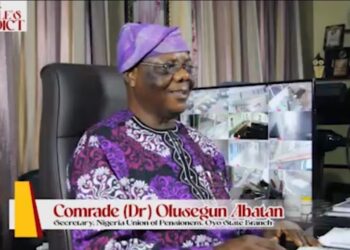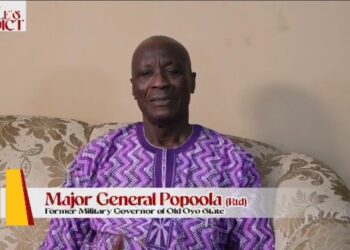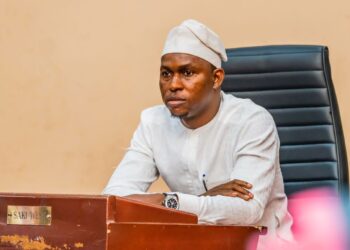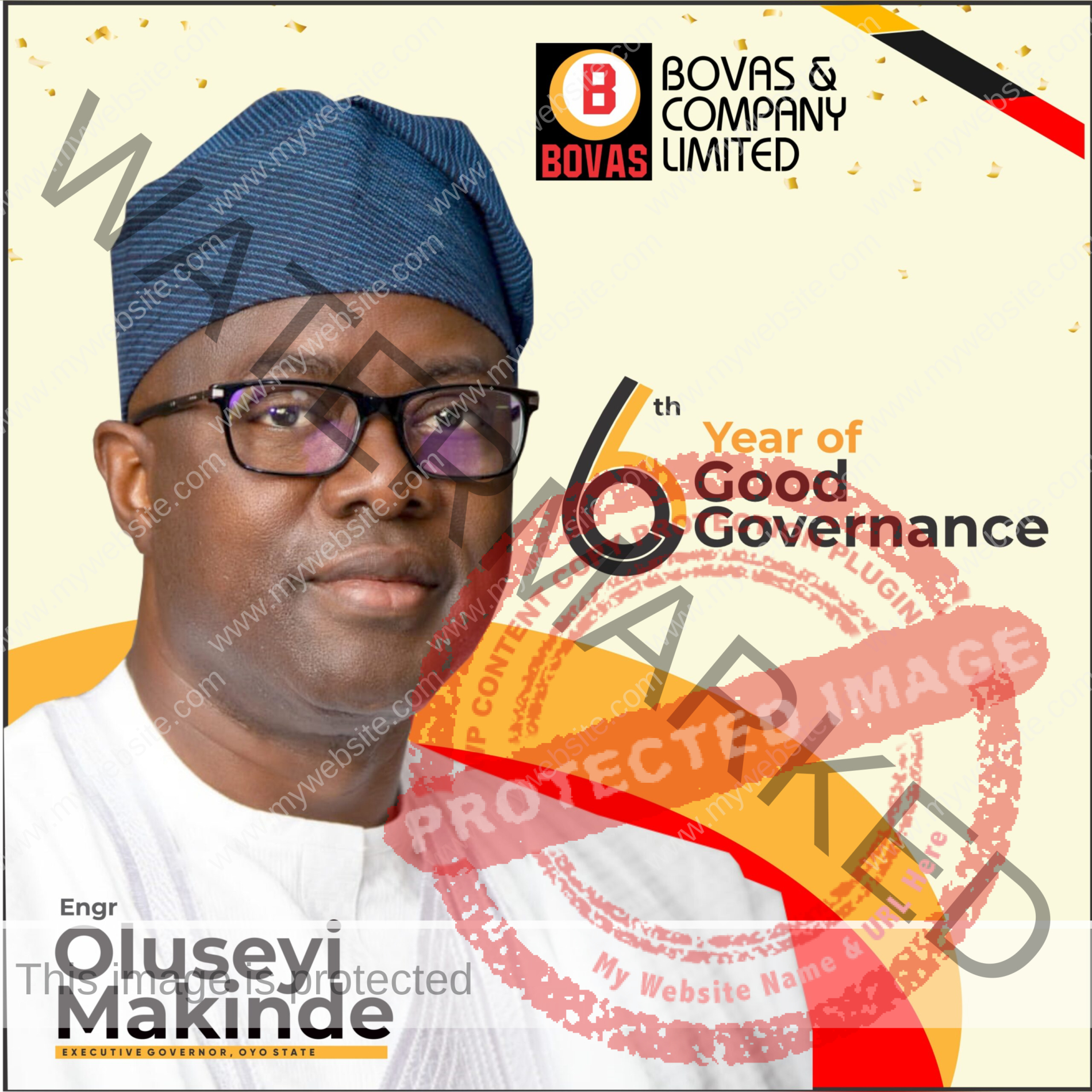

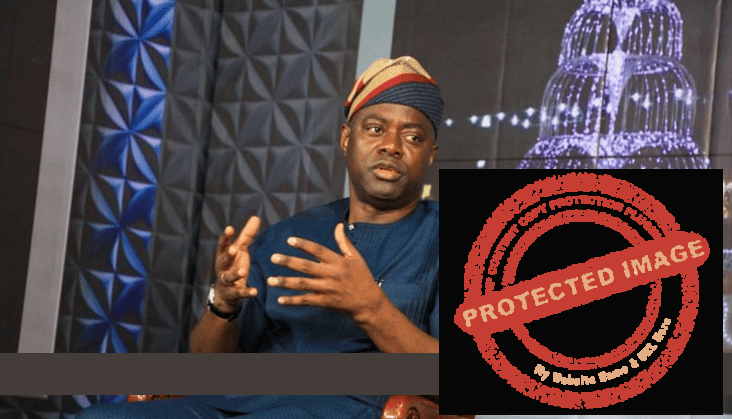
A respected elder statesman, seasoned broadcaster, and former Nigerian ambassador to the Philippines, Dr. Yemi Farounbi, has issued a stern warning to Governor Seyi Makinde of Oyo State. Farounbi, during “Political Circuit” at Fresh FM, Ibadan, with the ace broadcaster, Mayor Isaac Brown, cautions Makinde against the dangers of attempting to predetermine who succeeds him in office, particularly through the introduction of an age benchmark. In a recent statement, Makinde suggested that only individuals between the ages of 45 and 55 would be considered suitable to carry on his legacy as governor after his tenure ends in 2027.
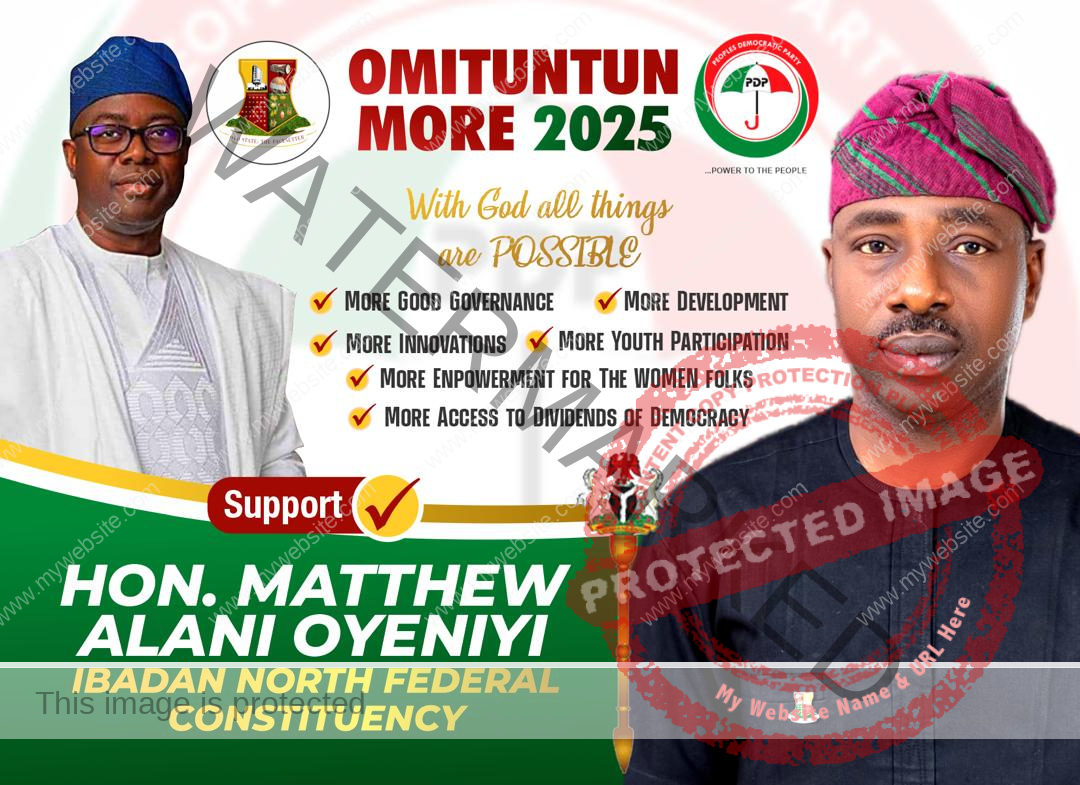
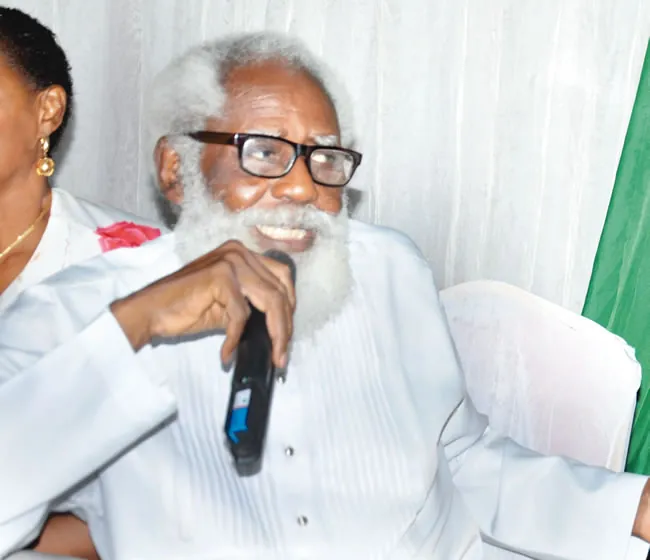
Farounbi expressed deep concern over Makinde’s proposal, describing it as “politically hazardous and morally unfair.” He urged the governor to refrain from playing God over the destiny of Oyo State by narrowing the democratic space through personal sentiments. According to Farounbi, Makinde’s good work in the last six years could be undermined by such a move, which would limit the people’s right to freely choose their next leader.
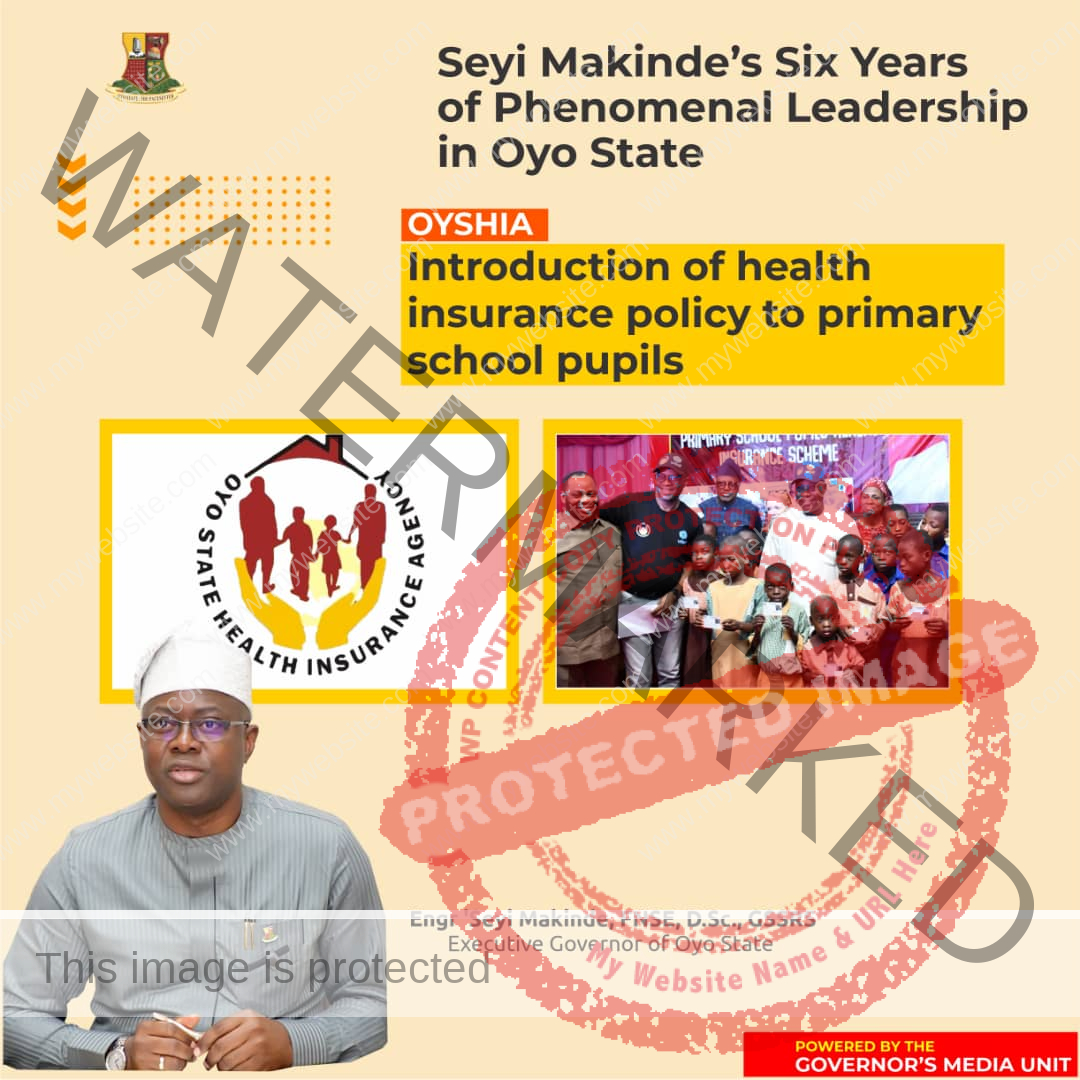
In a democracy, the people should be allowed to decide who governs them, without restrictions or biases. Makinde’s proposal would amount to an imposition of his personal preferences on the people of Oyo State, which could lead to internal crises within the ruling party and reduce public trust in the political process.
Leadership is not a function of age but of competence, capacity, character, and vision. These qualities have no age limit, and individuals of various ages can possess them. If Obafemi Awolowo were alive today and contested at the age of 75, would he be disqualified simply because of age? Leadership is not just about youthful energy; it is also about wisdom, foresight, and service.
Farounbi stressed that attempts to impose arbitrary conditions on who qualifies to run for office could have far-reaching consequences. It could lead to a situation where capable leaders are excluded from contesting elections based on age alone, rather than their qualifications or ability to lead.
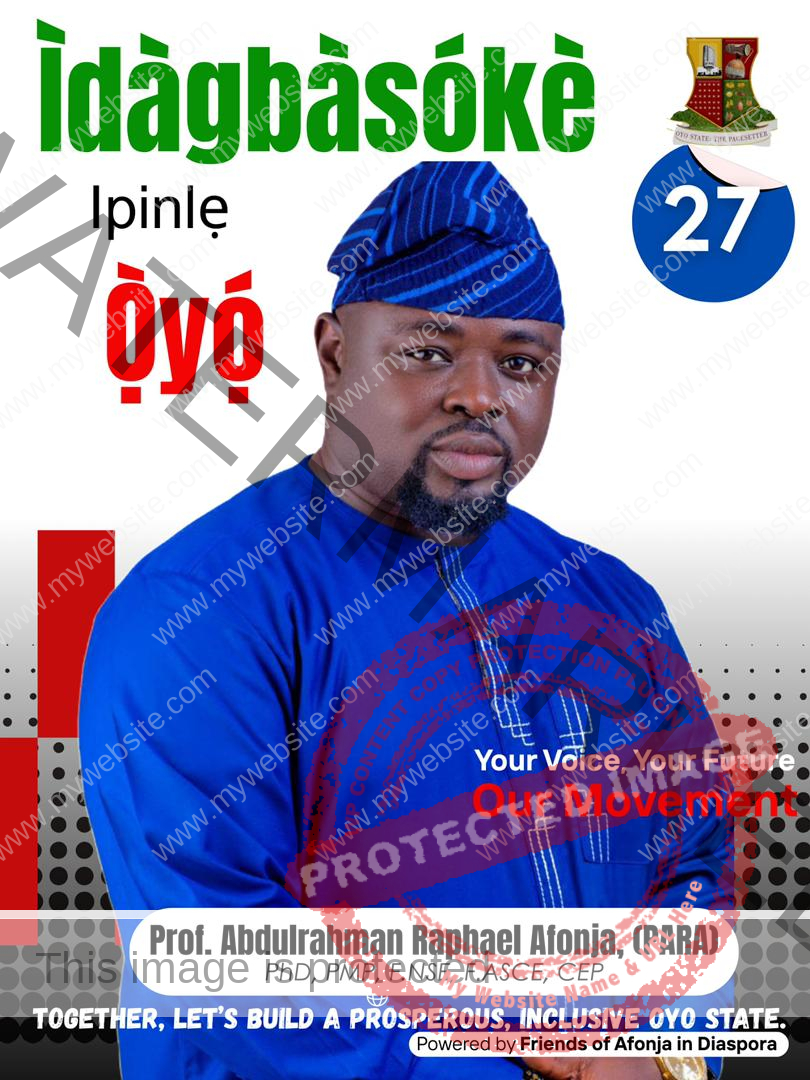
Makinde’s legacy is not just about the infrastructure, education, and healthcare reforms he has implemented. It is also about how he respects the democratic values and principles that have allowed him to lead the state. A leader’s legacy is measured not only by what they achieve in office but also by how they exit.
History teaches us that leaders who respect democratic principles and allow for a smooth transition of power are often celebrated for their wisdom and statesmanship. Makinde should learn from past leaders who have demonstrated these qualities and strive to end his tenure in a manner that will be remembered for generations to come.
Farounbi’s caution comes amid growing speculation that Makinde may have already begun moves to position a loyal successor for 2027. This strategy has been criticized by many, who fear it could undermine the democratic process and limit the people’s choice.
As a governor, Makinde’s words carry significant weight, and his public statements must be carefully considered. While Makinde may have clarified that his age preference was merely a personal thought, Farounbi insists that the governor’s words are not just whispers but policy signals that can shape public perception and influence the political process.
The people of Oyo State gave Makinde the mandate to lead them twice, and he should trust them to decide again in 2027 without pressure, interference, or invisible hands. Makinde should focus on consolidating his legacy by upholding democratic values, rather than restricting them.
In conclusion, Farounbi’s warning to Makinde is a timely reminder of the importance of respecting democratic principles and allowing the people to choose their leaders freely. Makinde’s decision to impose an age benchmark would be a recipe for disaster and could undermine the progress he has made in the state.
The governor should prioritize the people’s right to choose their leaders and avoid any actions that could be seen as an attempt to impose his will on the state. By doing so, Makinde can ensure a smooth transition of power and cement his legacy as a leader who respected democratic values.
Makinde’s leadership has been marked by significant achievements, and it is essential that he ends his tenure on a high note. By respecting the democratic process and allowing the people to choose their next leader, Makinde can demonstrate his commitment to the principles of democracy and ensure a bright future for Oyo State.
Ultimately, the people of Oyo State will decide who succeeds Makinde in 2027, and the governor should trust them to make the right choice. By doing so, Makinde can show that he is a true democrat who respects the will of the people.
The fate of Oyo State’s democracy rests in Makinde’s hands, and it is crucial that he makes the right decision. Farounbi’s warning is a call to action, and Makinde should heed it to avoid any potential crisis that may arise from his proposal.
In the end, Makinde’s legacy will be defined by how he handles the transition of power and respects the people’s freedom.











